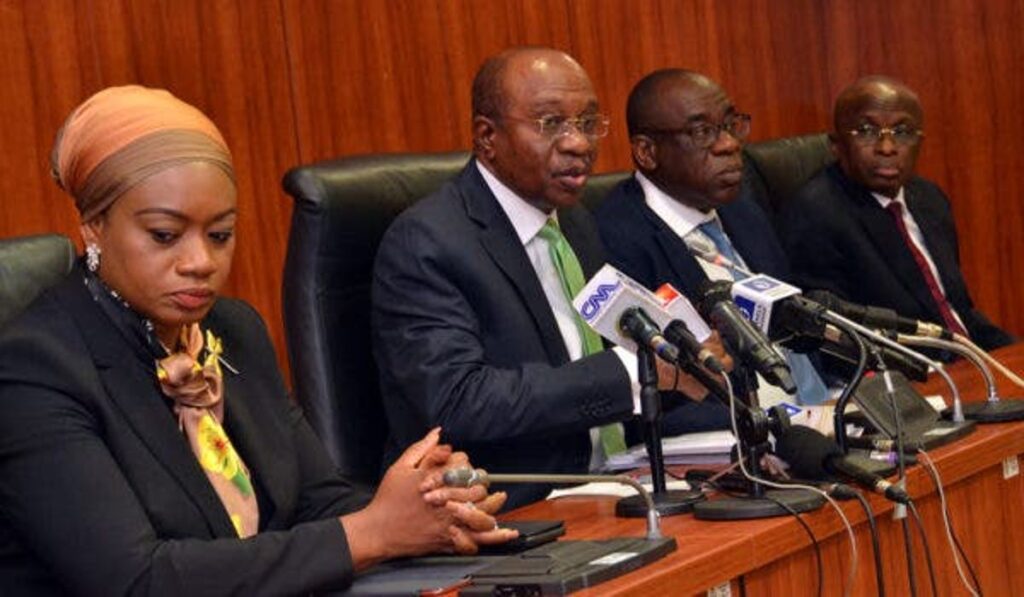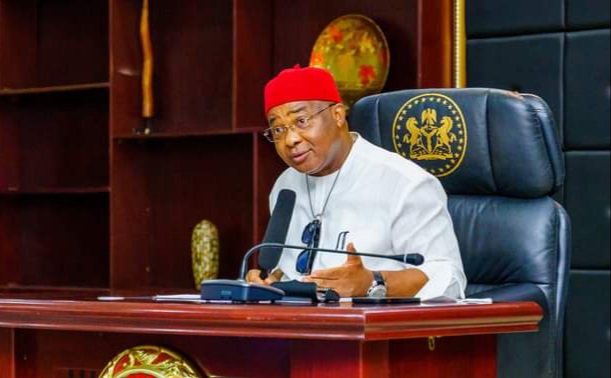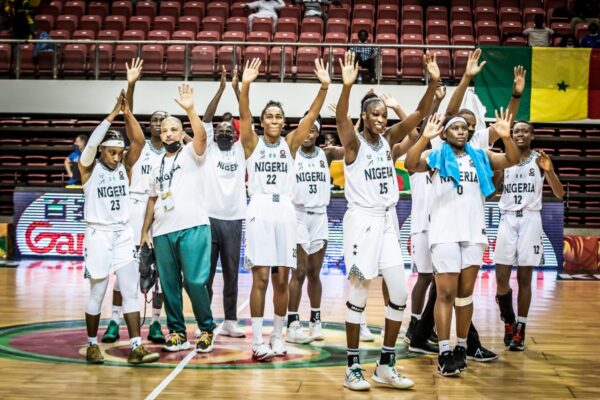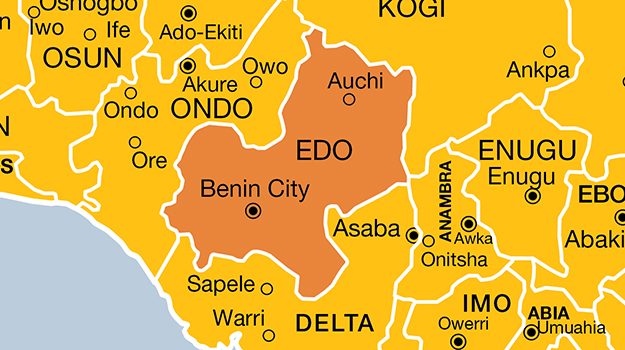Coke, Fanta prices to rise as FG imposes N10/liter excise duty on carbonated drinks
The consumer price index in Nigeria rose to 15.60 percent year-on-year in January 2022 as prices of soft drinks and electricity increased.
This, according to the National Bureau of Statistics (NBS), is 0.87 percent points lower than the rate recorded in January 2021 (16.47 percent).
On a month-on-month basis, the headline index increased to 1.47 percent in January 2022, representing 0.34 percent points lower than the 1.82 percent recorded in December 2021
Here are some key highlights from the inflation figures:
Advertisement
INCREASES RECORDED IN PRICE OF SOFT DRINKS, YAM, FRUIT
According to NBS, the composite food index rose by 17.13 percent in January 2022 compared to 20.57 percent in January 2021.
This rise in the food index was caused by increases in prices of bread and cereals, food products, potatoes, yam and other tubers, soft drinks, oils and fats and fruit.
Advertisement
In January, the federal government introduced an excise duty of N10/litre on all non-alcoholic, carbonated and sweetened beverages, which is contained in the Finance Act signed into law by President Muhammadu Buhari on December 31, 2021. With the new law, prices of carbonated drinks have spiked.

On a month-on-month basis, the food sub-index increased to 1.62 percent in January 2022, down by 0.57 percent points from 2.19 percent recorded in December 2021.
“The average annual rate of change of the Food sub-index for the twelve-month period ending January 2022 over the previous twelve-month average was 20.09 percent, 0.31 percent points from the average annual rate of change recorded in December 2021 (20.40) percent,” the report reads.
Advertisement
RESIDENTS OF KOGI, ENUGU AND AKWA-IBOM SPENT MORE ON FOOD
The food inflation on a year-on-year basis was highest in Kogi (22.61 percent), Enugu (19.84 percent) and Akwa-Ibom (19.67 percent). On the flip side, Sokoto (14.18 percent), Bauchi (14.63 percent) and Kaduna (15.01 percent) recorded the lowest rise in January 2022.
On a month-on-month basis, the food inflation was highest in Borno (2.87 percent), Zamfara (2.62 percent) and Kogi (2.53 percent), while Abia (0.29 percent), Taraba (0.57 percent) and Ondo (0.58 percent) recorded the lowest rise in January 2022.
PRICES OF ELECTRICITY BILLS, TOBACCO, LIQUID FUEL INCREASED
Advertisement
The report added that the highest increases were recorded in prices of electricity, liquid fuel, wine, tobacco, spirit, solid fuels, cleaning, repair and hire of clothing, shoes and other footwear.
“The ‘’All items less farm produce’’ or core inflation stood at 13.87 percent in January 2022, up by 2.02 percent compared to 11.85 percent, the rate recorded in January 2021,” the report added.
Advertisement

INFLATION RATE STILL ABOVE CBN’s TARGET
Advertisement
At 15.60 percent, Nigeria’s inflation rate is above the apex bank’s single-digit band target (6 percent to 9 percent).
Last December, surging food prices pushed inflation to 15.63 percent — the first increase after eight months of decline.
Advertisement
At the end of the monetary policy committee of the Central Bank of Nigeria (CBN) meeting in January, members noted that inflation would moderate further going into the new year, driven by the significant interventions in the agricultural sector.
The CBN MPC highlighted that the Nigerian economy is expected to continue with positive growth following the impressive growth recorded in the third quarter of 2021, reflecting continuous recovery from the recession.
Add a comment







